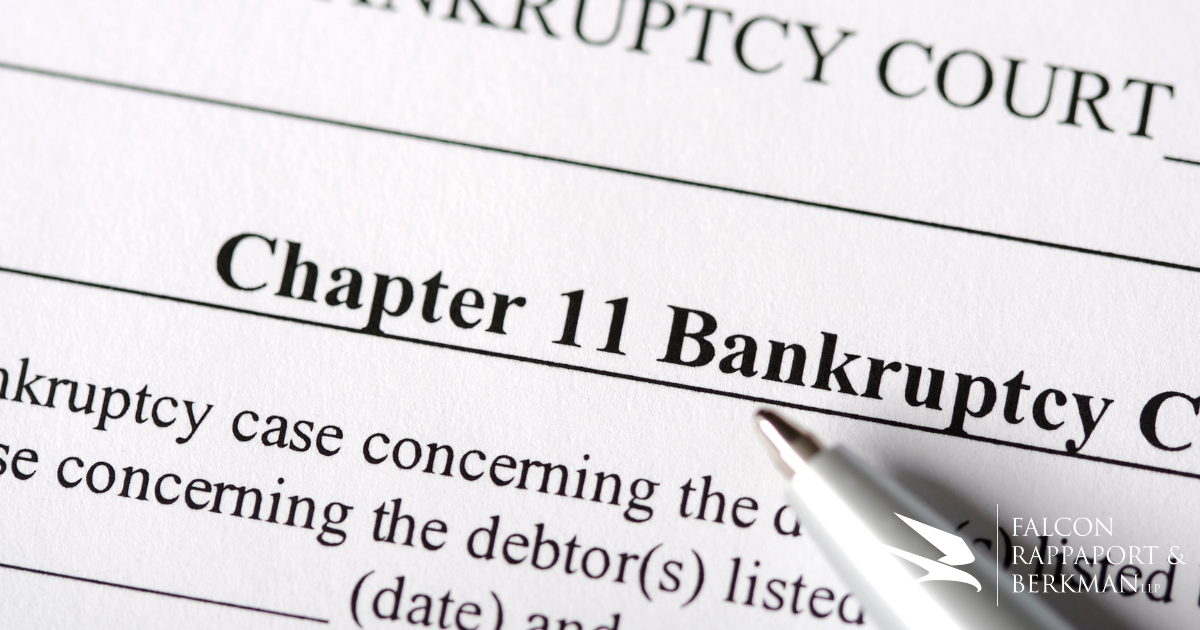WARN Update: Delaware Bankruptcy Court Issues Decision Analyzing the Application of the WARN Act in Chapter 11
By: Michael L. Moskowitz, Esq. and Melissa A. Guseynov, Esq.
The Worker Adjustment Retraining Notification Act (“WARN Act”), as well as certain state statutes, require employers to provide employees with advance notice of a plant closing or a mass layoff. A company’s failure to provide such notice may entitle employees to recover backpay from that company. The WARN Act is particularly relevant in bankruptcy cases where companies downsize or close operations abruptly to satisfy their financial obligations to creditors. However, the intersection of bankruptcy law and the WARN Act can create a complex legal landscape.
In In re Yellow Corporation, et al. (Case No. 23-11069(CTG)), Yellow Corporation and its affiliates (“Debtors”) laid off approximately 25,000 employees in July 2023 due to financial strains, without providing employees with the statutorily required notice of the layoffs as required by the WARN Act. Debtors commenced chapter 11 proceedings shortly thereafter in the Bankruptcy Court for the District of Delaware. As a result, those employees asserted claims in the chapter 11 cases seeking to recover the backpay to which they claimed to be entitled under the WARN Act and similar state laws. Debtors disputed those claims.
On December 19, 2024, in a lengthy memorandum opinion, Bankruptcy Judge Craig T. Goldblatt addressed the obligations imposed by WARN Act upon an employer facing bankruptcy. The Court first explored the statutory exemptions to the WARN Act, including: (i) the faltering company exception, where a company is exempt from liability if it was seeking capital or business which, if obtained would have enabled it to avoid or postpone the shutdown, and the employer “reasonably and in good faith believed that giving the notice required would have precluded the employer from obtaining the needed capital or business;” and (ii) the unforeseeable business circumstances exception, where the company is exempt from liability if a layoff is “caused by business circumstances that were not reasonably foreseeable” at the time that the notice would have normally been required.
Judge Goldblatt specifically noted that even if an exception applies, an employer must still give employees as much notice as is practicable and provide a brief statement of the basis for reducing the notification period. In the instant case, the Court determined both of the exceptions were applicable. However, the form of notice the company sent failed to comply with the statutory requirements.
The Court also explored the “liquidating fiduciary” implicit exception to the WARN Act, whereby a company is exempt from liability if and when it stops conducting business and exclusively liquidates assets for the benefit of creditors. Thus, the company is no longer a “business enterprise” and not an “employer” covered by the statute, but is a “liquidating fiduciary.” The Court found in this case, however, Debtors did not become a liquidating fiduciary until after they completed delivery of their last shipment, which occurred after the layoffs. Thus, this last exception did not apply in order to exempt Debtors from liability.
Bankruptcy cases involving the WARN Act can be highly complex, as they require judges to balance the statutory rights of workers against the financial and planning limitations of a company filing for bankruptcy protection. Although this opinion was issued in the Third Circuit and is not binding precedent here in New York, it is important for debtors and creditors to be aware of this significant law as it evolves when involved in a chapter 11 case. As demonstrated in the Yellow Corporation opinion, strict compliance with the WARN Act is mandatory in order to avoid subsequent liability to employees. Falcon Rappaport & Berkman will continue to provide updates to its clients and colleagues on this issue.
DISCLAIMER: This summary is not legal advice and does not create any attorney-client relationship. This summary does not provide a definitive legal opinion for any factual situation. Before the firm can provide legal advice or opinion to any person or entity, the specific facts at issue must be reviewed by the firm. Before an attorney-client relationship is formed, the firm must have a signed engagement letter with a client setting forth the Firm’s scope and terms of representation. The information contained herein is based upon the law at the time of publication.

